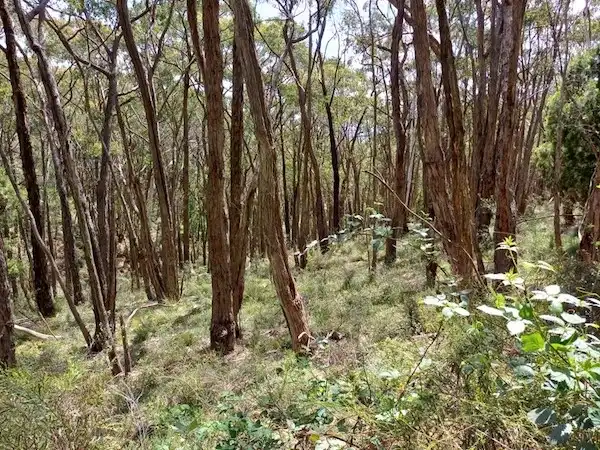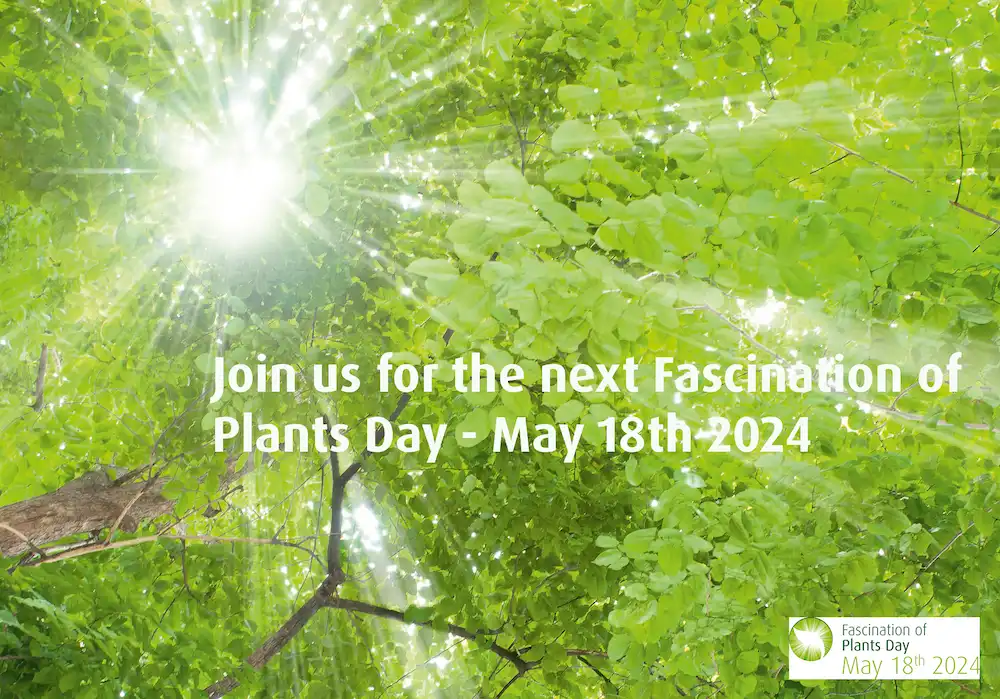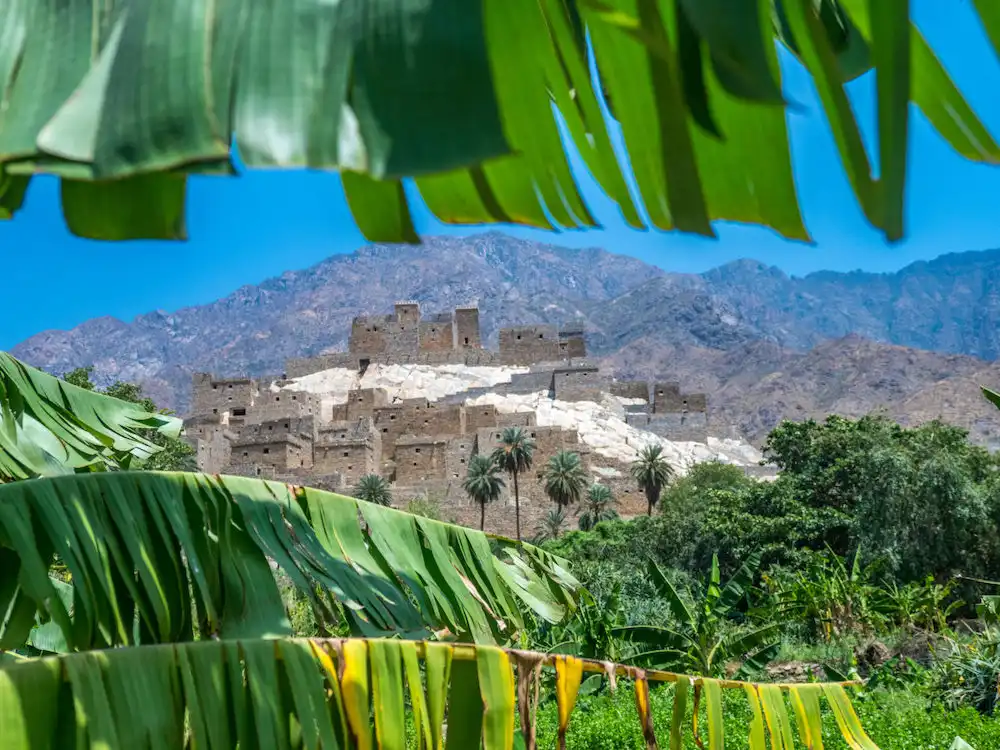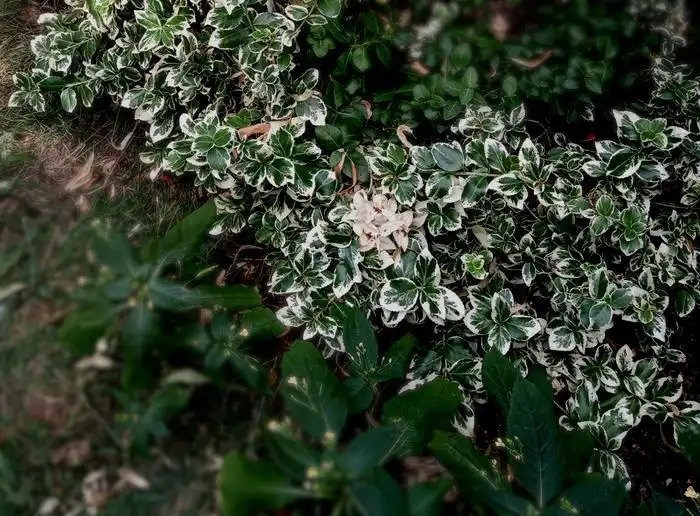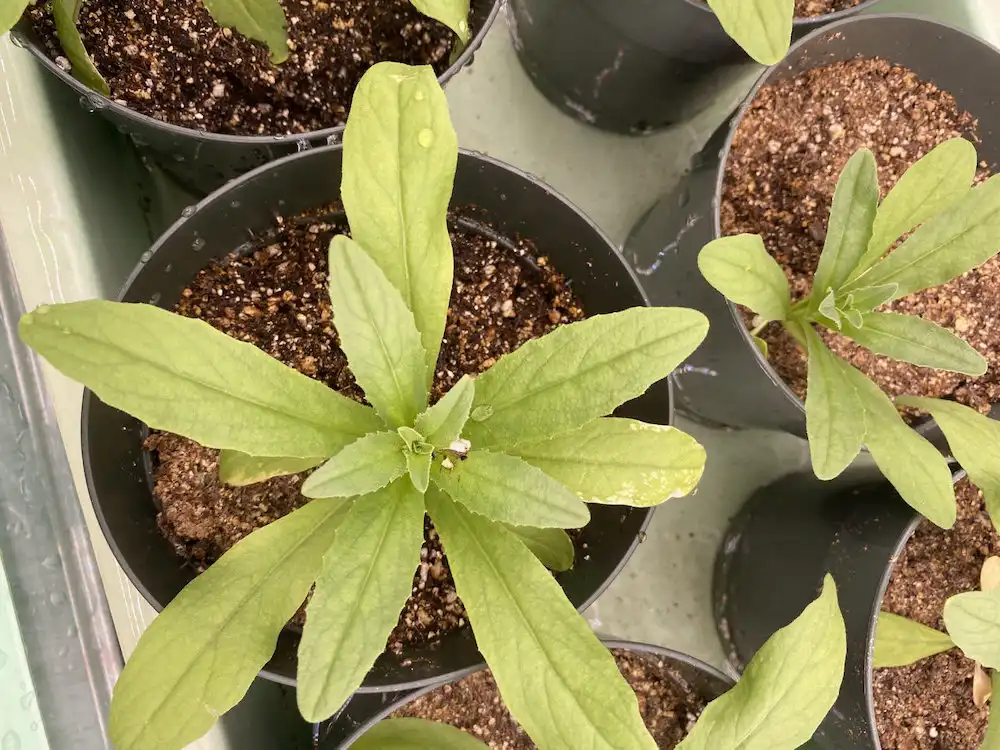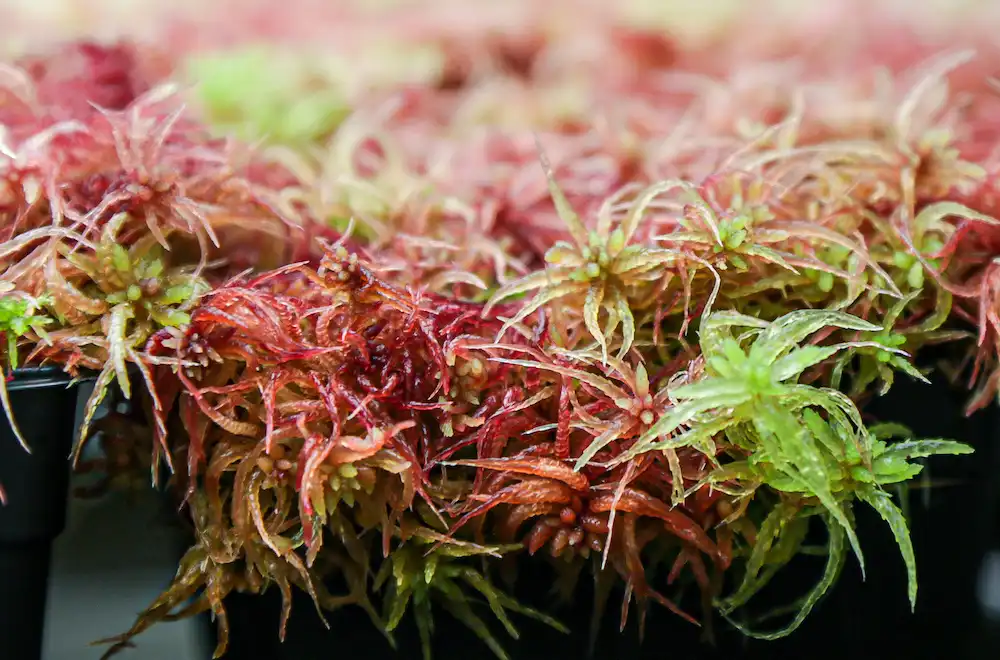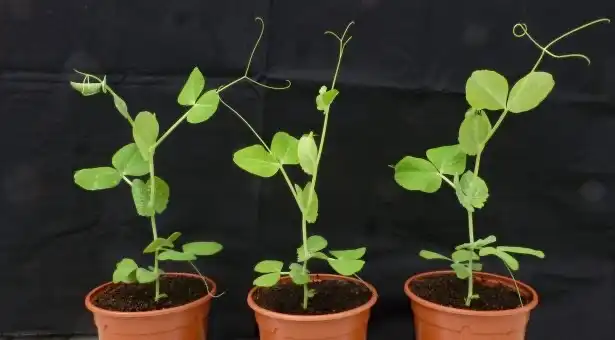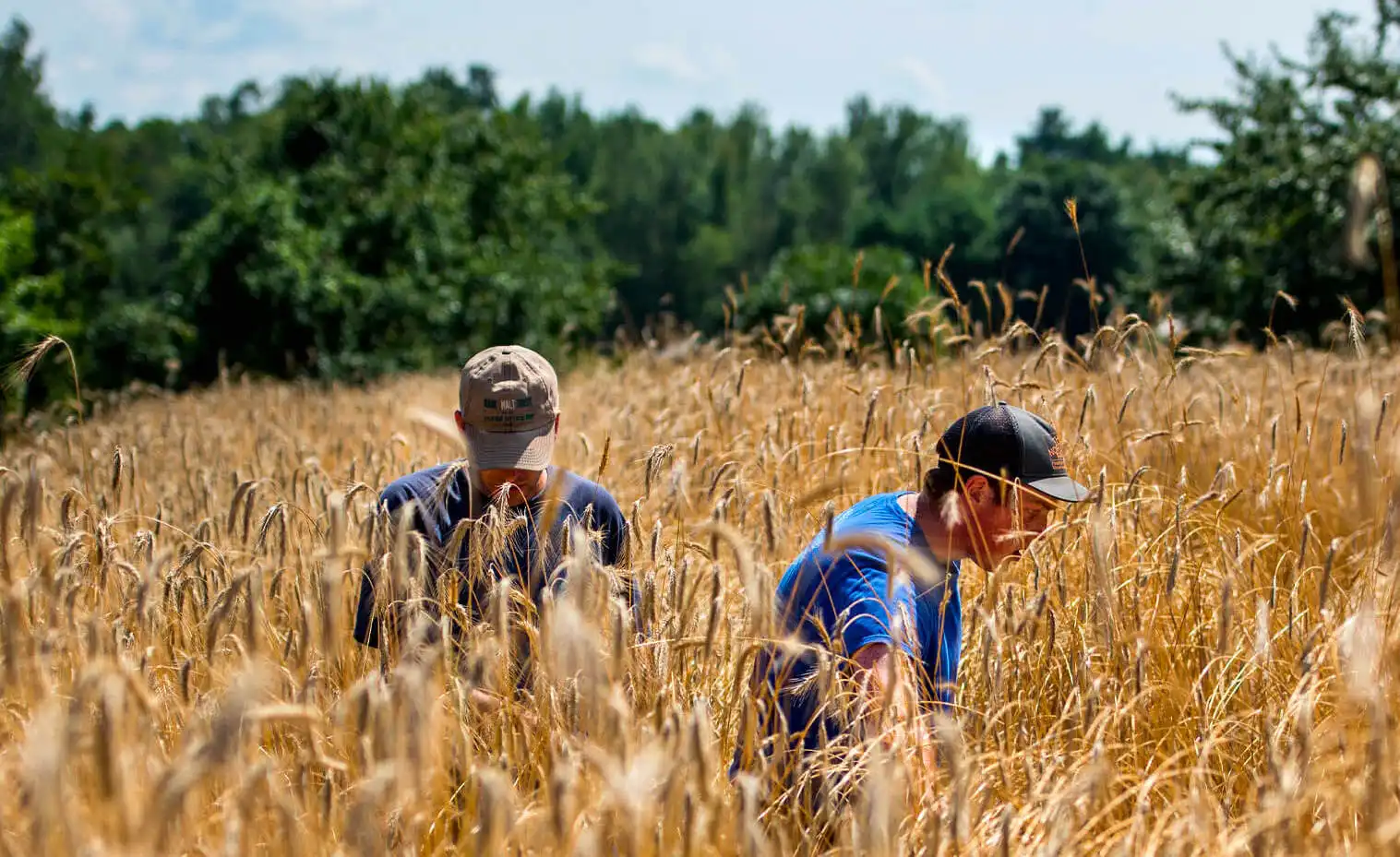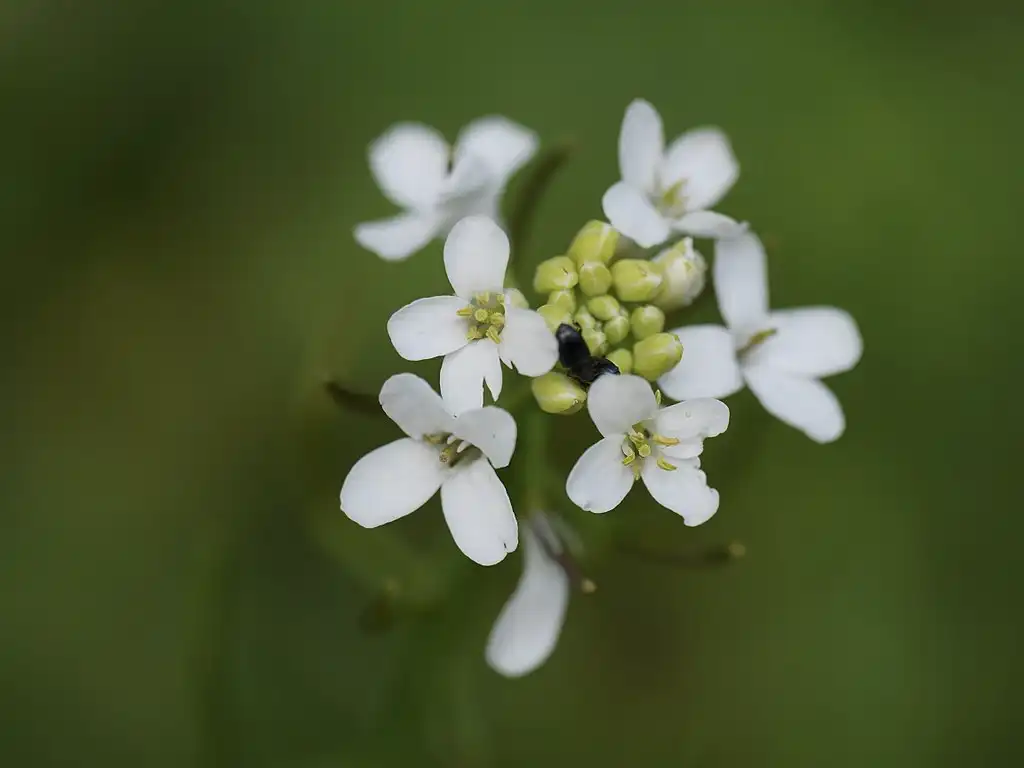
A new study unveils the intricate organization and regulation of ribosomal RNA genes within the complete nucleolus organizer regions (NORs) of Arabidopsis, the first plant with a fully sequenced genome. The research identifies over 70 gene subtypes distributed between NOR2 and NOR4, shedding light on their activation and silencing patterns. The findings, crucial for comprehending NOR epigenetic control, hold broad biomedical relevance and offer a platform for future investigations into NOR evolution.


